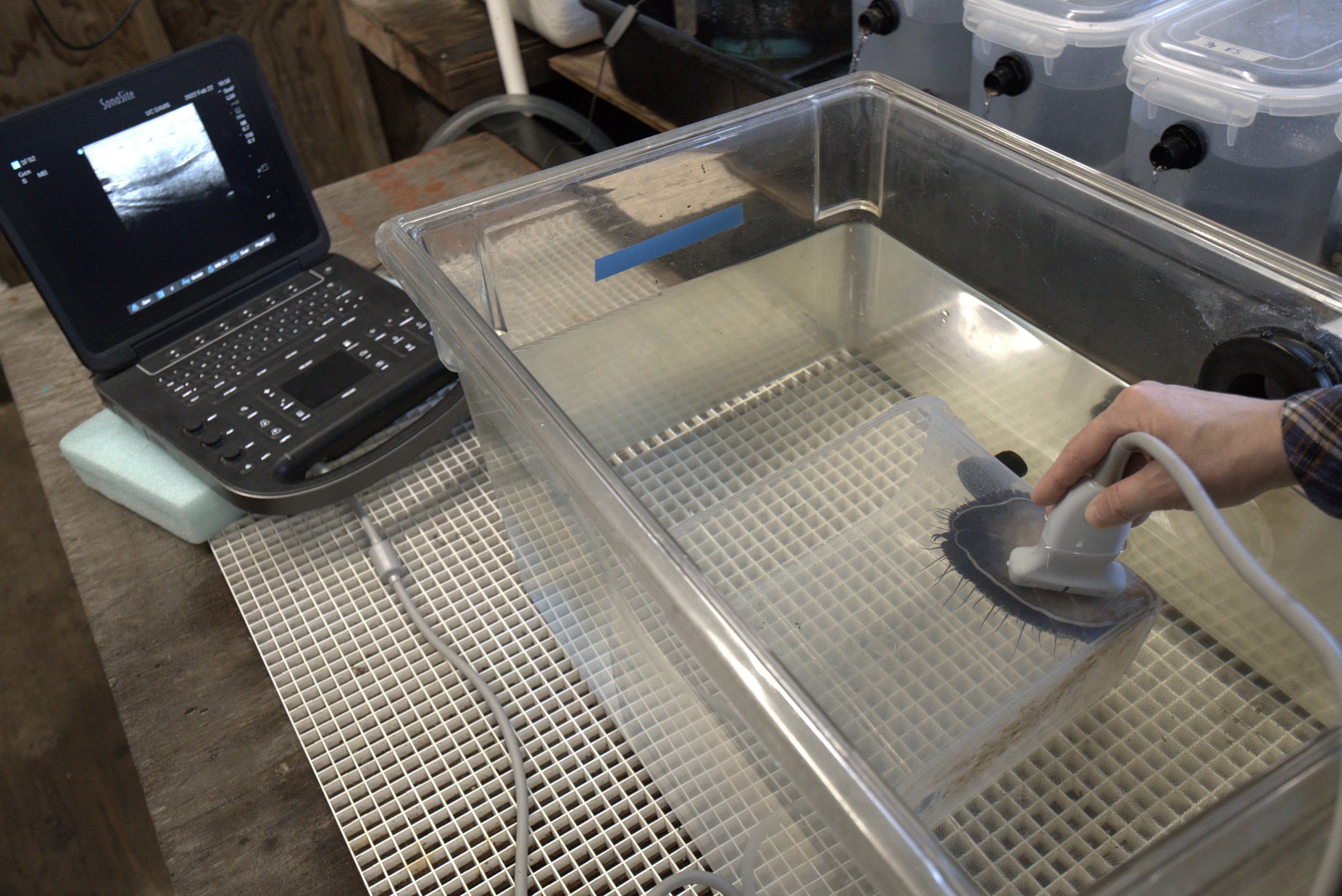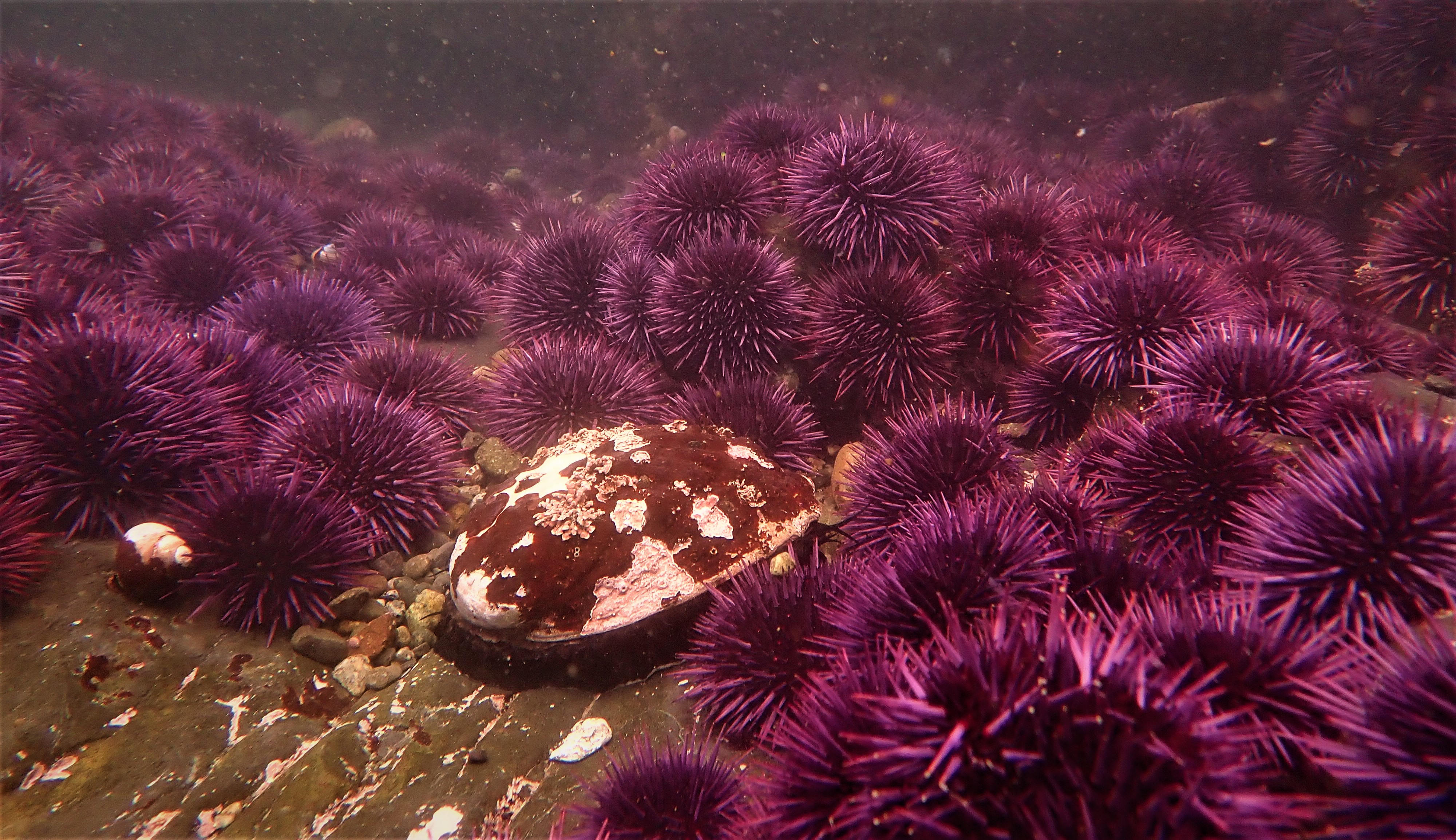Going through stressful events at a young age can sometimes have a lasting impact on our own lives and the generations that come after us. But that’s not a uniquely human phenomenon – researchers have discovered a similar pattern in red abalone, with a legacy of stress created after exposure to ocean acidification.
“For red abalone, if your parents were exposed to ocean acidification, it does impact your ability to handle stress,” said lead author Isabelle Neylan in a statement. “It’s carrying over within that generation and on to the next generation.”
They reached this conclusion after an experiment lasting over five years, the first step of which was spawning adult red abalone and then, for three months, exposing half their offspring to current ocean conditions and the other half to highly acidic conditions. The latter represents the potential near-future conditions of the oceans, as carbon dioxide emissions contribute to ocean acidification.
The giant sea snails that survived were raised for four years before again being exposed to either high or low-acidity conditions for a further 11 months, with monitoring of their reproductive potential and growth. Repeating history, they were then spawned and their offspring were exposed to high or low-acidity conditions – this was to track whether any impacts of ocean acidification had passed on to the next generation.

The researchers carried out ultrasounds on the red abalone to assess their reproductive capabilities.
Image credit: Jackson Gross, UC Davis
The results showed that early-life exposure to highly acidic conditions created a legacy of stress. Not only did it negatively affect the growth rate and reproductive abilities of the parent generation, but their offspring also had reduced survival and growth.
“We were looking to see if your parent was exposed, does it buffer you from the impacts? That wasn’t the case,” Neylan said. “The more you get hit, the worse it is, but there are glimmers of hope.”
That hope might depend on when exposure happens. As well as finding that some red abalone families coped better than others, the team also found that adults tended to be more resilient to ocean acidification. The issue is that, in the wild, the strong coastal upwelling events that bring with them acidic water often happen during spawning season – and these events are predicted to become more common.
With this possibility in mind, it’s hoped this research can help highlight the threats to red abalone and focus efforts to conserve the species, which is listed as critically endangered on the IUCN Red List. The giant sea snails are endemic to California, where they are an important kelp forest species, but have also been a key part of the local cultural history.

Purple sea urchins are one of many threats to red abalone.
Image credit: Katie Sowul/California Department of Fish and Wildlife
“Red abalone is a California icon,” said co-author Daniel Swezey. “Aside from being beautiful, big and long-lived, they have tremendous cultural cache and a deep history. They mean a lot to a lot of people.”
But with multiple threats to their future, there’s plenty of work to be done to keep this sizeable icon alive. “The question now is, what dents can we make in that to give abalone a chance to recover?” said Swezey. “It’s a tall order, but we’re on the case.”
The study is published in the journal Global Change Biology.
Source Link: Giant Sea Snails Experience Intergenerational Trauma Too, Getting Stressed By Ocean Acidification